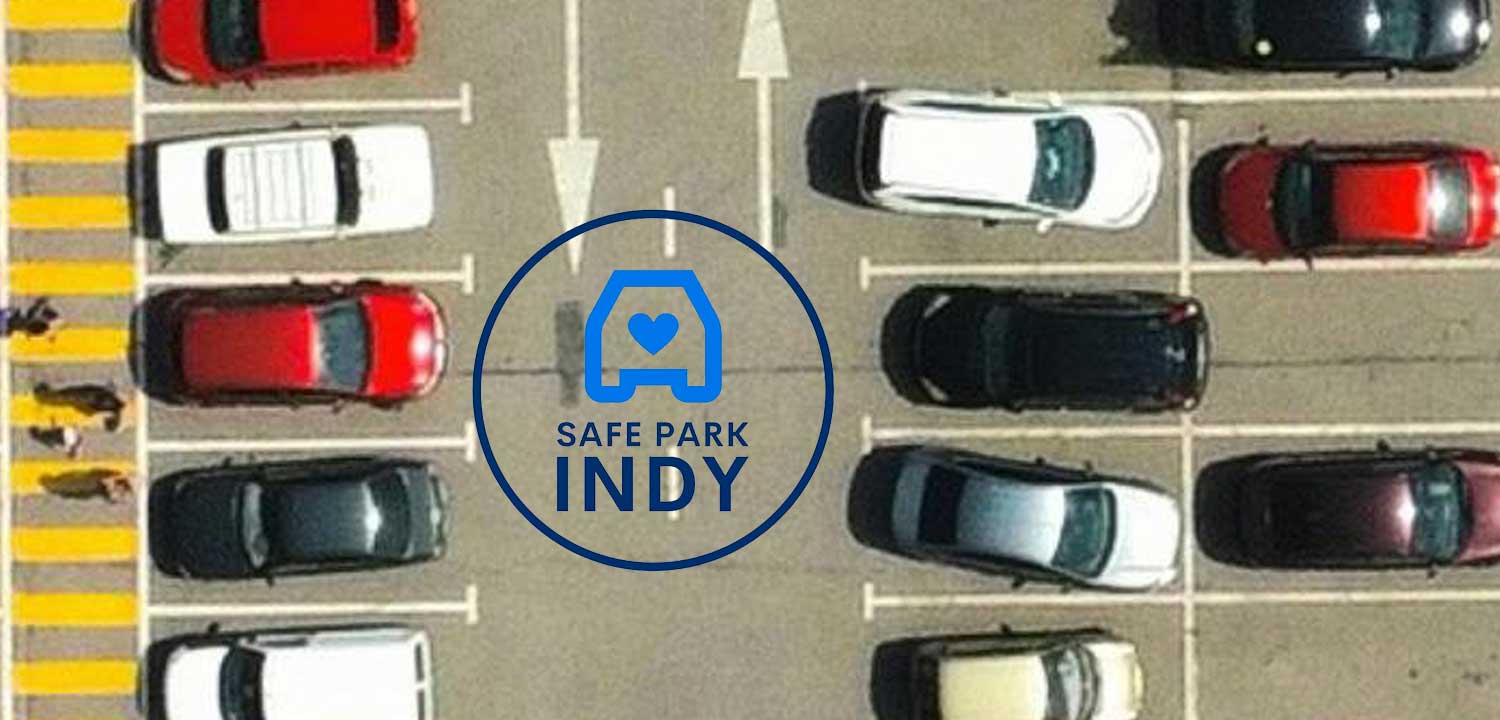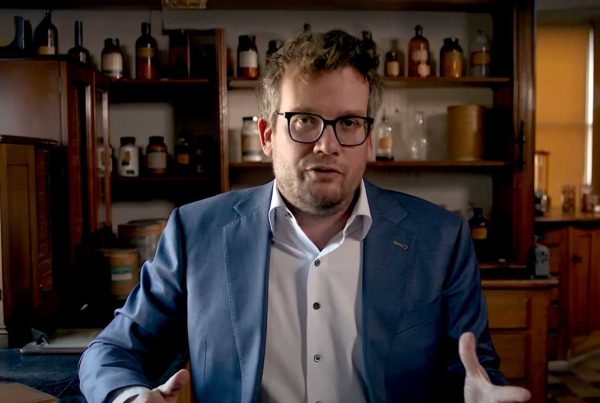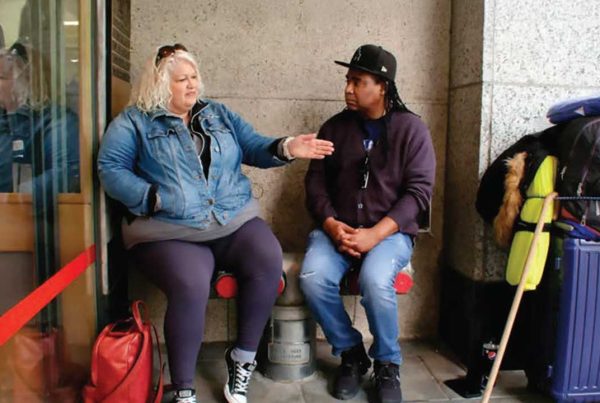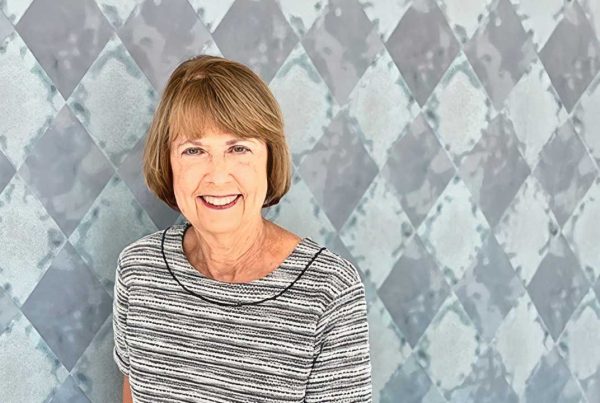Indy’s Housing Crisis: Waitlisted to Sleep in Cars
A few short months ago in October 2024, local organization Safe Park Indy began providing safe overnight parking sites for individuals and families living in their cars. With only 10 spots available initially, the overwhelming response—a waitlist which grew from 50 to almost 400 people—highlights the urgent need for safe housing in our city. The organization is actively working to expand its capacity, anticipating opening a second location this month, but recognizes that safe parking for overnight sleeping is not a long-term solution. CEO Elizabeth Friedland says, “We’re a Band-Aid on a bullet wound, essentially… but you’ve got to do something now.” Safe Park Indy is seeking additional safe parking locations, noting that churches make excellent partners because of their volunteer capacity and sizable parking lots.
The need for safe housing is further exemplified by reports of systemic issues in housing stability efforts. The Indianapolis Housing Agency has faced challenges in fully utilizing housing vouchers meant to support individuals and families experiencing housing instability, with reports suggesting that up to 1,800 vouchers were not distributed at one point. While these vouchers are intended to help address housing needs, some recipients have reported difficulties finding landlords who provide safe and secure housing. Others have expressed concerns about retaliation and eviction when reporting unsafe living conditions.
These issues underscore the complexity of addressing homelessness and housing insecurity in central Indiana, where demand often outpaces available solutions. The stark reality is that some individuals and families are so underserved by existing systems that safe parking spots become a necessary lifeline while waiting for more permanent solutions.
This situation calls for action and collective problem-solving.
As we look ahead to the 2025 Faith & Action Spring Conference featuring poverty and child welfare expert David Ambroz, the award-winning author of A Place Called Home, we urge you to learn more about housing instability. This month we are sharing two articles to help our readers better understand the scope of homelessness in Indianapolis, where more than 1,700 people are estimated to be without housing each night.
For a deeper dive into the challenges facing the Indianapolis Housing Agency and the broader housing system, consider exploring Mirror Indy’s in-depth investigative article series titled Broken Housing. Together, we can foster awareness and identify pathways to meaningful change.






